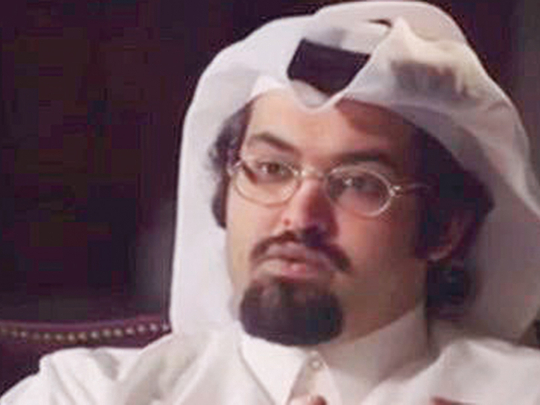
Dubai: The Gulf diplomatic crisis, involving an embargo on Qatar by Saudi Arabia, the UAE, Bahrain and Egypt (GC3+1), is expected to stretch into 2018, bringing food and commodity shortages, civil unrest and even a potential coup or foreign intervention in Qatar.
This is the conclusion of an exclusive research paper published by the organisers of the Qatar: Global Security & Stability conference taking place in London on September 14 2017.
The paper argues that there is no sign that the crisis, now into its fourth month, is likely to end soon, bringing Qatar closer to Iran unless a more moderate element within the Qatari elite can emerge to build bridges with the GC3+1 countries.
The GC3+1 countries have made 13 demands of Qatar, including the ending of financial support for radical Islamist groups, stopping the harbouring of fugitives designated as terrorists by the US and ensuring that Qatar complies with the Riyadh agreements of 2013-14.
The boycott by the GC3+1 is having significant economic implications within Qatar, the paper observes, bringing food and commodity shortages, greater social unrest and increased suppression by Qatari security forces.
Media reports and social media posts from the region supports this scenario.
Already a coup by members of the ruling Al Thani family, removing Shaikh Tamim Bin Hamad Al Thani as Emir, is being discussed in some diplomatic circles.
The presence of Turkish soldiers on Qatari soil is believed to help mitigate any potential rebellion, though Turkey is coming under international pressure to withdraw its troops.
The paper also discussed the potential for external military intervention, saying that any action could be concluded within a matter of days with the removal of the current regime.
“This independent paper shows how much the people of Qatar are suffering due to the intransigence of the Emir in the face of reasonable demands by the GC3+1 countries,” said Khalid Al Hail, Official Spokesperson of the Qatari Opposition.
“The likelihood of regime change in Qatar is increasing.”
The Qatar, Global Security & Stability conference will bring together hundreds of world-renowned political figures, policy makers, academics, commentators and Qataris to discuss democracy, human rights, press freedom and counter-terrorism in Qatar. It is being organised by Al Hail, a Qatari businessman and reformist, along with a number of reformist Qataris, who are seeking a resolution to the regional crisis and a more stable future for Qatar.
The organisers of the conference will also publish a number of exclusive research papers on the situation within Qatar for distribution at the conference, and thereafter.











